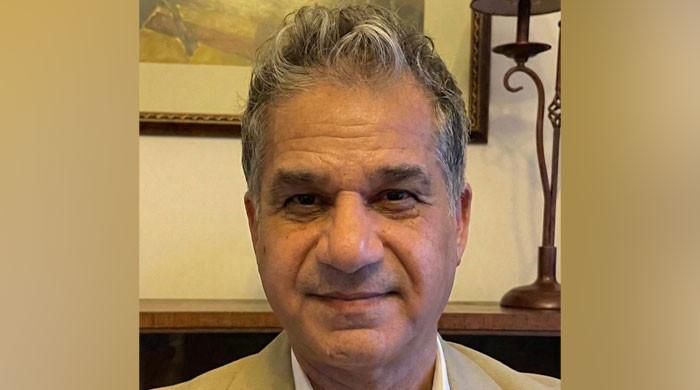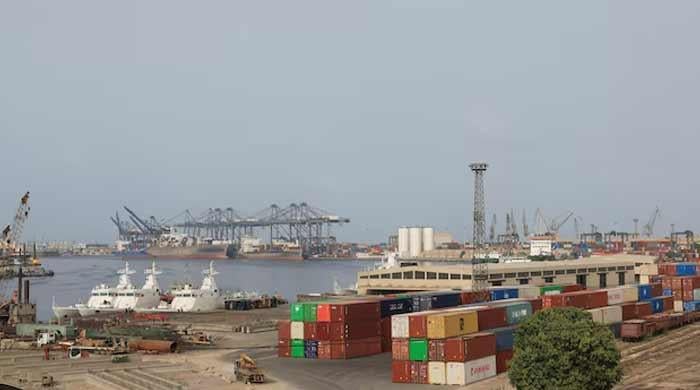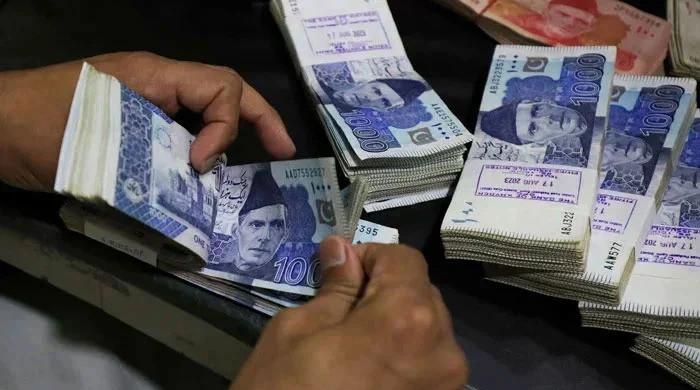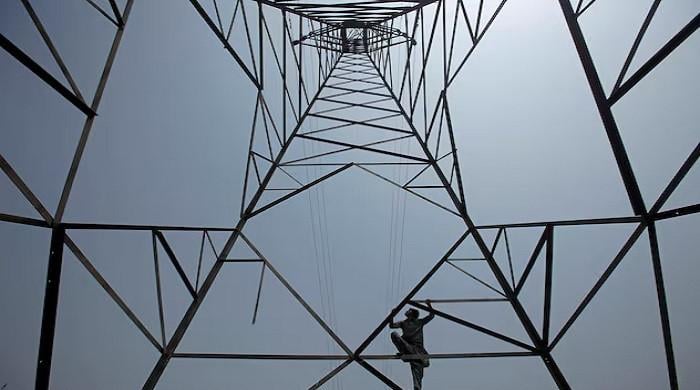‘Daronomics’: How will Pakistan’s economy respond to Ishaq Dar’s return?
Dar is now returning to Pakistan and will be handed over Miftah's ministry on his homecoming
September 26, 2022
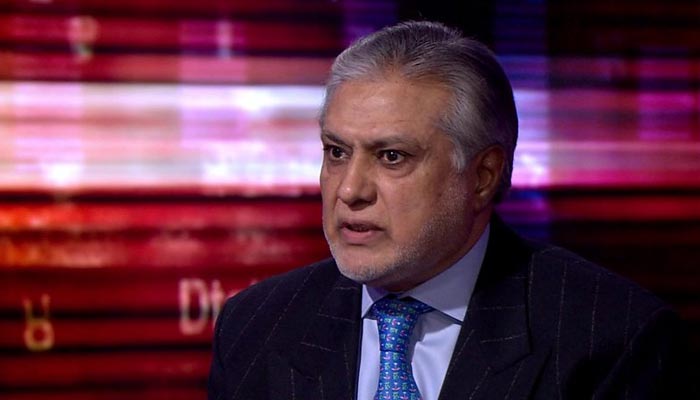
Since the coalition government came into power in April, Pakistan’s economy is being ministered by two opposing voices.
One is in Pakistan, while the other is in the United Kingdom. Both are reportedly not on the same page with regards to steering the country's economy out of the woods.
Miftah Ismail, a Karachi-based businessman, was officially named the finance minister on April 19. Yet, Ishaq Dar, the former finance minister and a senior PML-N leader, continued to give his input from London on all important matters of the economy, including on negotiation with the International Monetary Fund (IMF) and in interviews for the position of the governor of the State Bank of Pakistan (SBP), as Miftah has admitted in various television interviews.
Dar is now returning to Pakistan by the end of this month, after a five-year stay in London. On his homecoming, he is likely to be handed over to Miftah's ministry.
The changeover, just a few weeks after the coalition government took office, has left economists and commentators concerned over its possible impact on the economy and the ongoing talks with the IMF.
“Changing the finance minister this early will further add to policy uncertainty,” Shahrukh Wani, an economist at the University of Oxford, told Geo.tv.
In fact, Miftah should oversee the implementation of the budget he presented last month, the economist argued.
Wani further added that the news of Dar’s return sends the wrong signal to the IMF and the market. “It is better to maintain the leadership, given the already high levels of uncertainty in Pakistan’s policy environment,” he said.
On Twitter, the economist wrote that even “on his worst day, Miftah Ismail is a 10x better FM than Ishaq Dar was on his best day,” adding that during the PML-N’s last tenure, when Dar was finance minister, there was a drop in oil prices.
Yet, Dar “not only failed to undertake meaningful economic reforms but pushed Pakistani rupee's value up and undermined the central bank’s independence,” Wani noted.
Uzair Younus, director of the Pakistan Initiative at the Atlantic Council's South Asia Center, agrees.
Dar's return will create confusion and undermine the position of the current finance minister, he said. As in the last few weeks, Dar has publicly taken a very different view from the finance minister on issues such as how to negotiate with the IMF or where the exchange rate should be, Younus added.
“There are elements within the PML-N who continue to believe in ‘Daronomics’, which has proven disastrous for the economy and is a serious cause of concern,” he warned.
Other economists and financial experts Geo.tv reached out to also echoed the same opinion.
“Continuing Miftah Ismail would be a wiser decision to maintain stability and continuity,” said Dr Asma Hyder, the dean of Karachi’s Institute of Business Administration’s (IBA) School of Economics and Social Studies.
But regardless of who is made finance minister, the finance ministry will likely continue to get advice from Dar on the government's economic strategy, Hyder added.
“In [PML-N’s] previous regime, Dar preferred growth over stability,” she continued. “And he will probably follow the same philosophy, which is perhaps needed to overcome the current state of the economy.”
But she further went on that time has proven that such policies are only timely measures to fuel the economy and, in the end, they result in lost macroeconomic stability.
Meanwhile, a Karachi-based industrialist, who only spoke to Geo.tv on the condition of anonymity, insisted that replacing Ismail would be the “wrong decision” as the current finance minister is a businessman, which is why he understands the issues faced by the businessmen and industrialists better.
Another businessman said that Dar only believes in short-term decisions, which impact the economic fundamentals in the long run.
Analysts and industrialists are of the view that the ongoing financial crisis is severe and the aftershocks of this crisis will stay in the economy for a long time.




